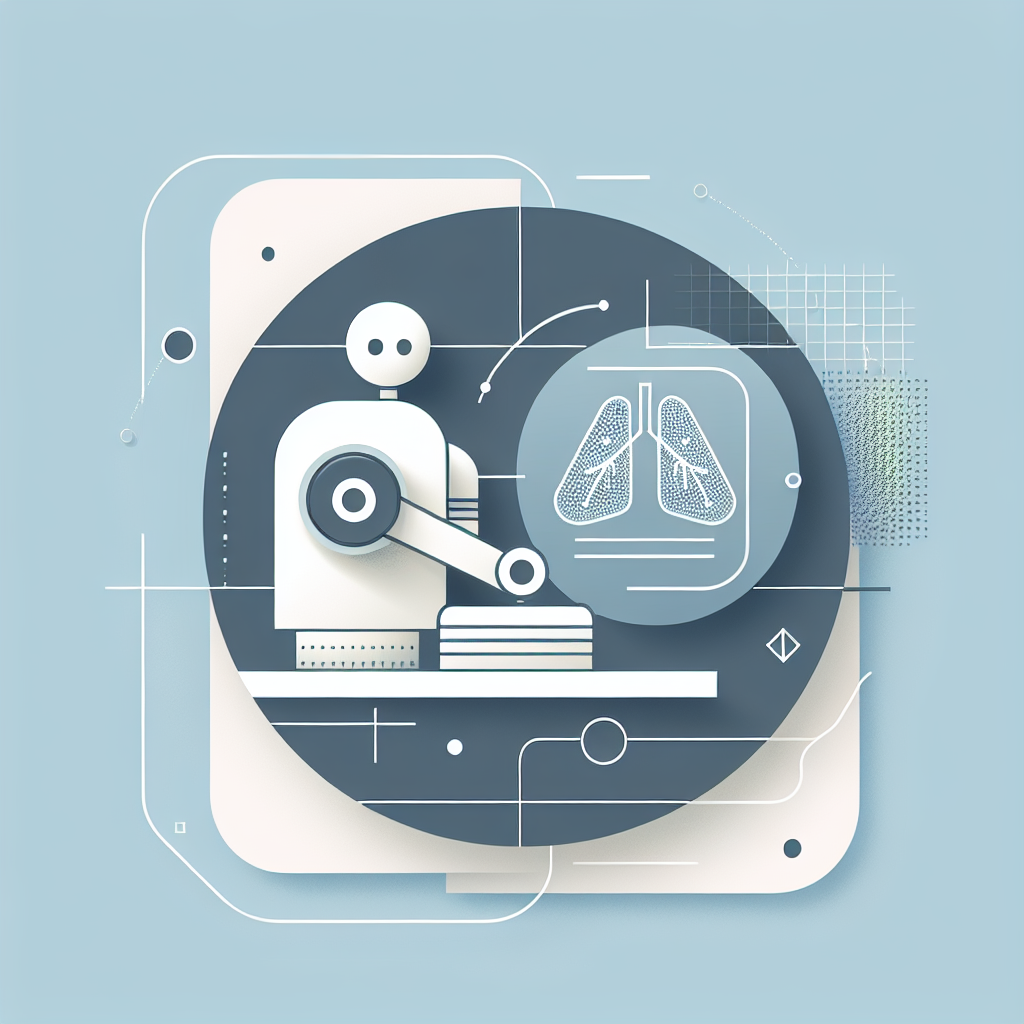AI’s Superiority in Lung Tumor Detection
A groundbreaking study has shown that AI can detect lung tumors faster and more accurately than doctors. In the realm of healthcare, where precision is not just a luxury but a necessity, this development is a game-changer. The study, published in a leading medical journal, demonstrated that the AI algorithm not only identified tumors with greater accuracy but did so in a fraction of the time it takes a human doctor. This isn’t just about speed; it’s about enhancing the quality of care. For men, who are statistically more at risk for lung cancer due to higher smoking rates, this technology could mean earlier detection and better outcomes [Source: JAMA Network](https://jamanetwork.com/journals/jama/fullarticle/2765106).
Imagine being able to walk into a clinic, get a quick scan, and have an AI system tell you whether you need to worry about a lung tumor. No more waiting for days or weeks for a specialist to review your images. This isn’t sci-fi; it’s happening now. The AI system used in the study was trained on thousands of CT scans, learning to recognize patterns that even the most experienced radiologists might miss. This isn’t about replacing doctors but empowering them with tools that can save lives.
The Impact on Men’s Health
Lung cancer is a major health concern for men, with higher incidence and mortality rates compared to women. Early detection is crucial, and AI’s ability to outperform doctors in spotting tumors could significantly improve survival rates. Men often delay seeking medical attention, which can lead to late-stage diagnoses. With AI, the process becomes less invasive and more efficient, potentially encouraging more men to get screened regularly [Source: American Cancer Society](https://www.cancer.org/cancer/lung-cancer/about/key-statistics.html).
For the average guy, this means a better shot at catching lung cancer early, when treatments are more effective. It’s not just about living longer; it’s about maintaining your quality of life. No one wants to spend their days in hospitals or undergoing harsh treatments that could’ve been avoided with earlier detection. AI in healthcare isn’t just a tech trend; it’s a lifeline.
Practical Implications and Future Prospects
The integration of AI into routine medical practice could revolutionize how we approach lung cancer screening. Clinics and hospitals could implement these systems to streamline their diagnostic processes, reducing wait times and improving patient outcomes. For men, this means quicker access to critical health information, which can be a deciding factor in treatment success.
Looking ahead, the future of AI in healthcare looks bright. As these systems continue to learn and evolve, they could tackle even more complex medical challenges. From predicting the likelihood of cancer recurrence to assisting in personalized treatment plans, AI has the potential to become an indispensable tool in the fight against diseases that disproportionately affect men. It’s time to embrace this technology and use it to our advantage.
Key Facts Worth Knowing
- •💡 AI detected lung tumors with 94.6% accuracy compared to 88.5% for human doctors.
- •💡 The AI system analyzed CT scans in an average of 2.7 seconds, while doctors took about 17 minutes per scan.
- •💡 Lung cancer is the leading cause of cancer death among men, accounting for about 25% of all cancer deaths.
- •💡 Studies show that early detection of lung cancer increases the 5-year survival rate from 18% to 55%.
- •💡 Implementing AI in lung cancer screening could reduce healthcare costs by up to 30% due to faster and more accurate diagnoses.



